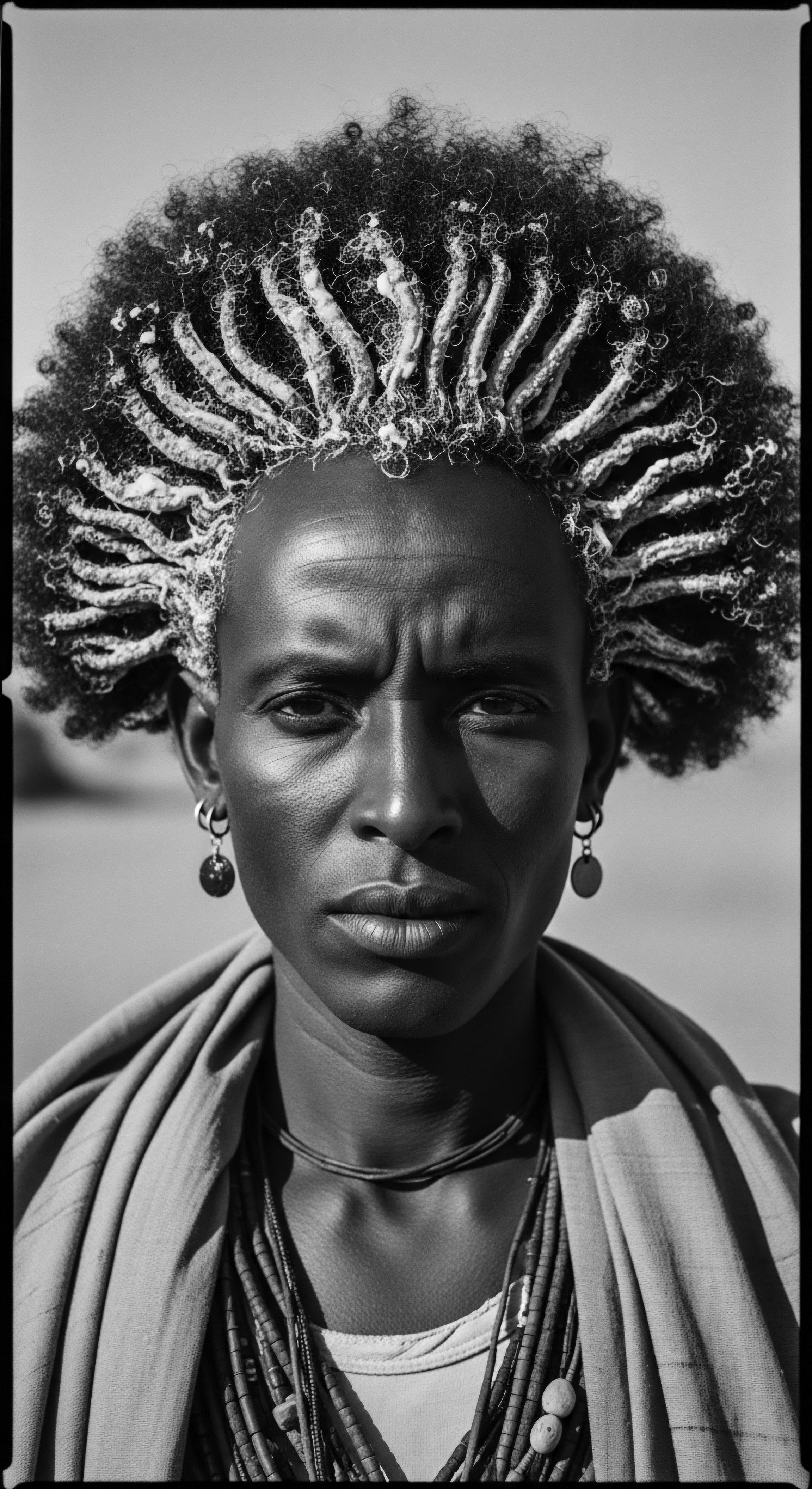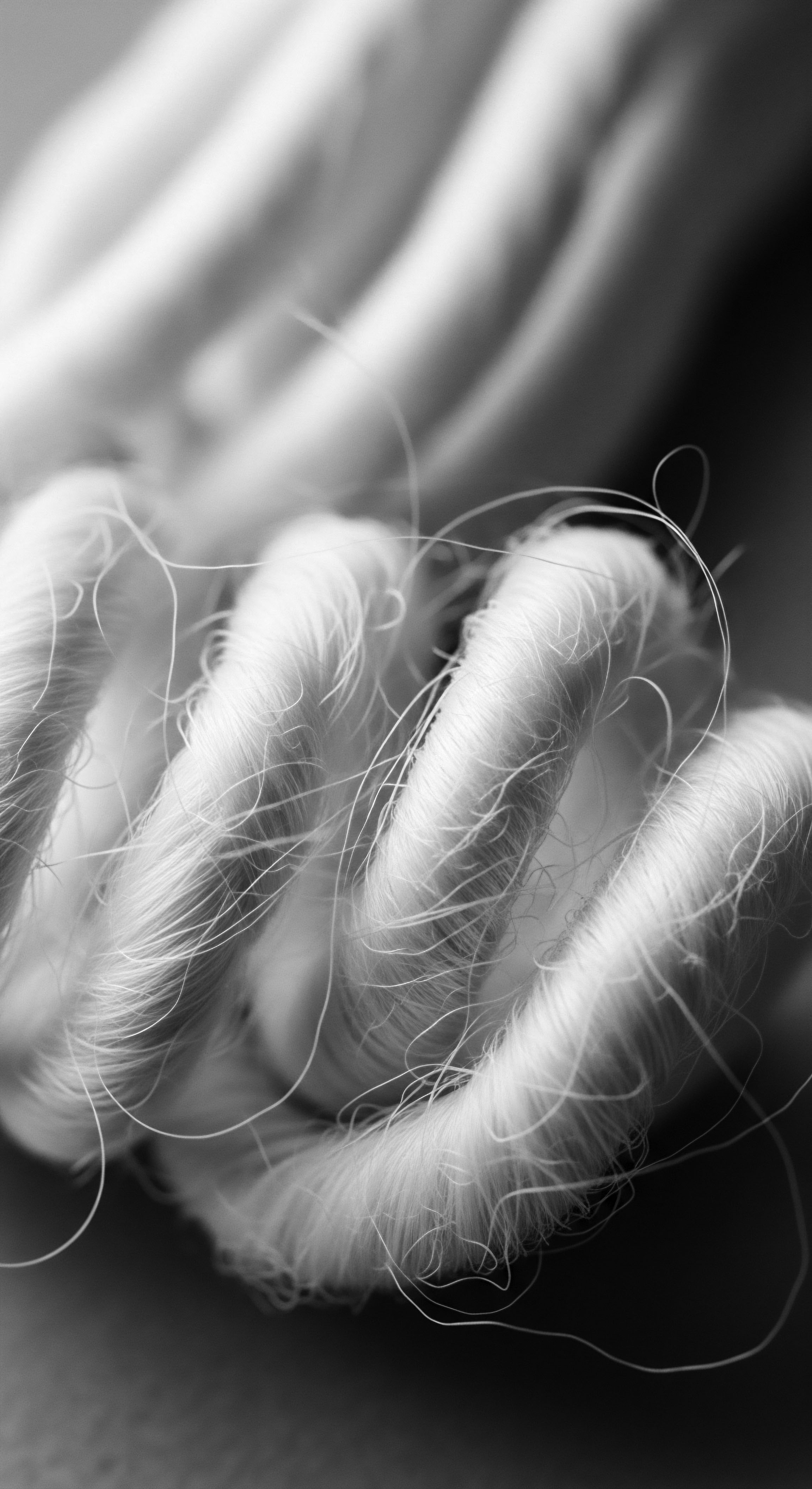
How Do African Cleansing Plants Benefit Textured Hair?
African cleansing plants offer gentle, moisture-preserving benefits to textured hair, rooted deeply in ancestral heritage.
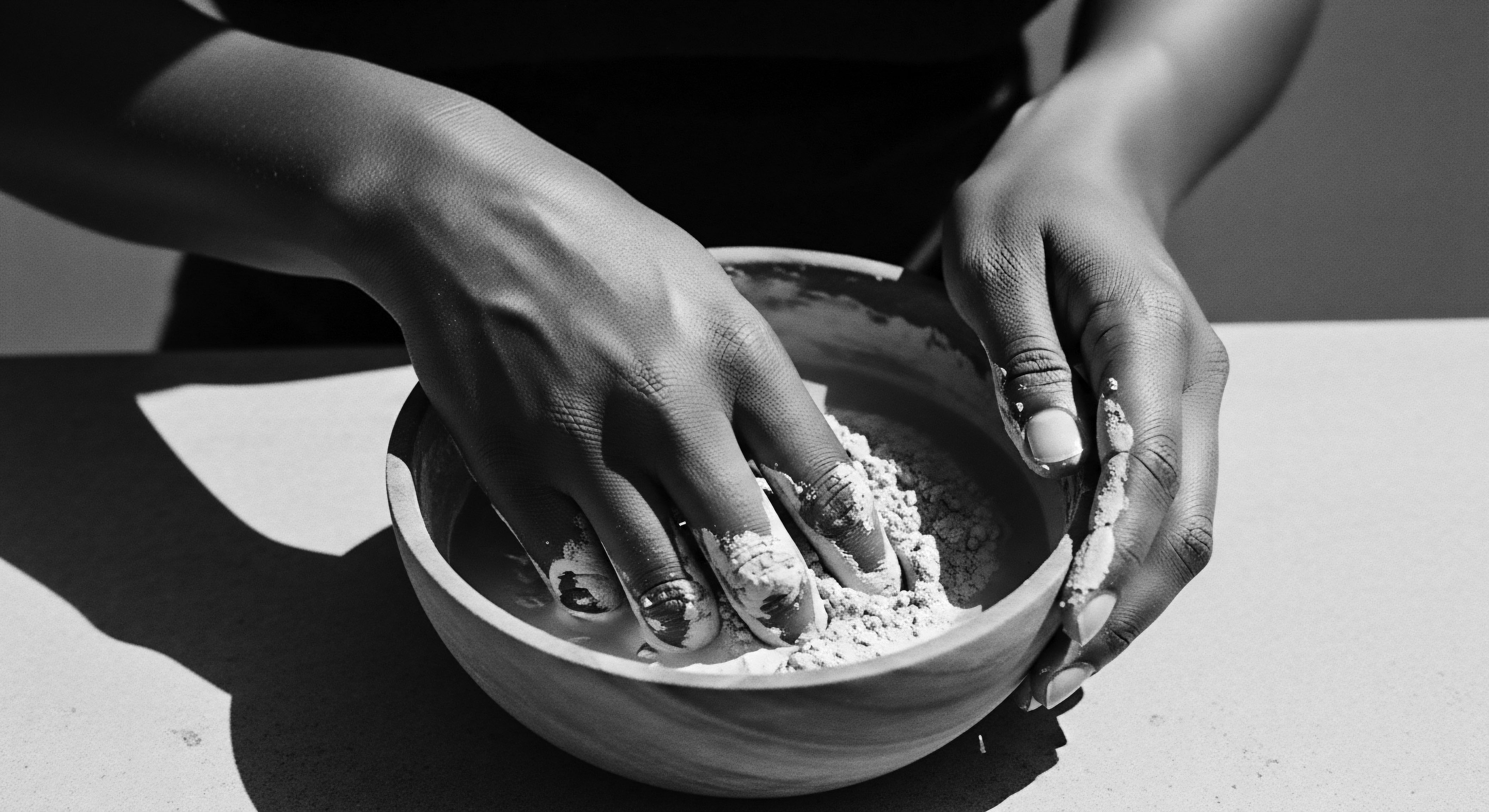
Which Traditional African Botanicals Were Used for Purifying Textured Hair, and What Were Their Perceived Benefits?
Ancestral African communities cleansed textured hair with botanicals like Ambunu leaves, Rhassoul clay, and African Black Soap for purity and hair vitality.
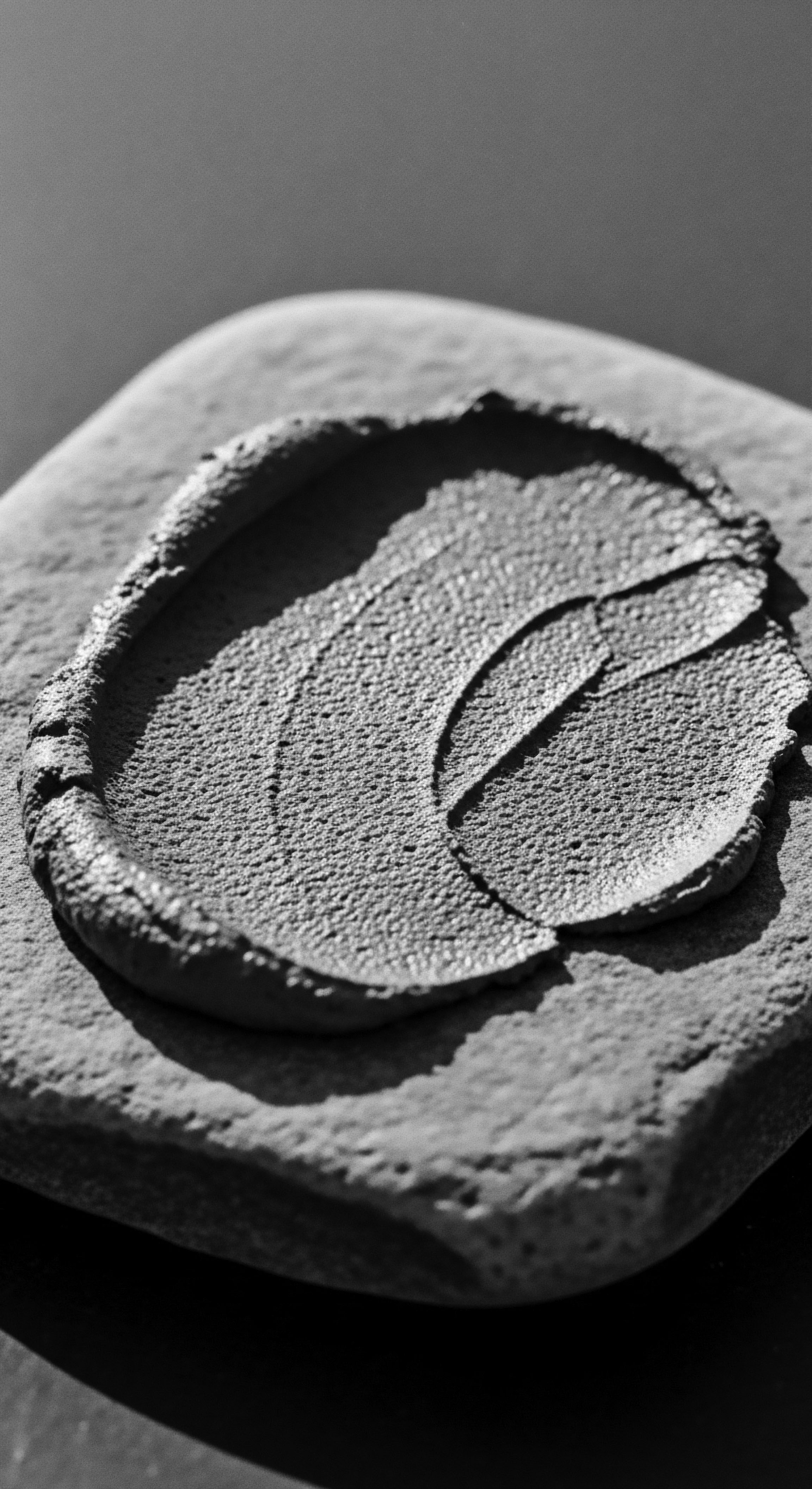
Why Do Traditional African Ingredients Strengthen Fragile Textured Hair?
Ancestral African ingredients strengthen fragile textured hair through profound nourishment and protective heritage practices.

What African Plants Moisturize Textured Hair?
African plants like shea butter, marula oil, and mucilage-rich herbs offer ancestral moisture for textured hair heritage.

What Unique Properties Do Botanical Cleansers Offer Textured Hair?
Botanical cleansers offer unique moisture retention, gentle detangling, and scalp nourishment, deeply rooted in textured hair heritage.
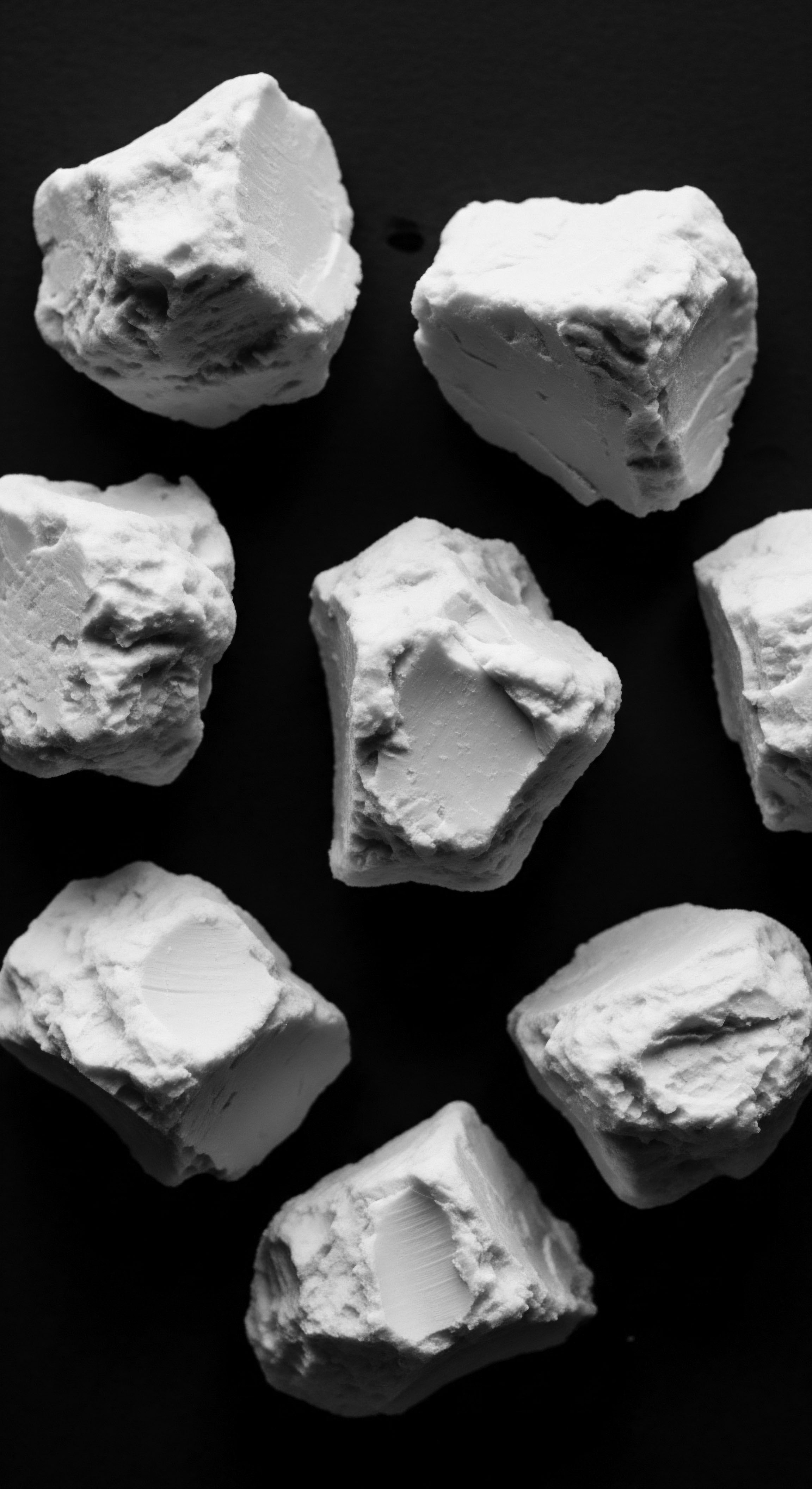
Can Ancient Plant Remedies Inform Contemporary Hair Wellness Practices?
Ancient plant remedies, rooted in rich heritage, profoundly inform contemporary textured hair wellness through validated ancestral wisdom.

What Natural Ingredients Did Ancient African Communities Use for Cleansing Textured Hair?
Ancient African communities cleansed textured hair using natural ingredients like plant-derived soaps, clays, and herbal infusions, preserving its unique heritage.
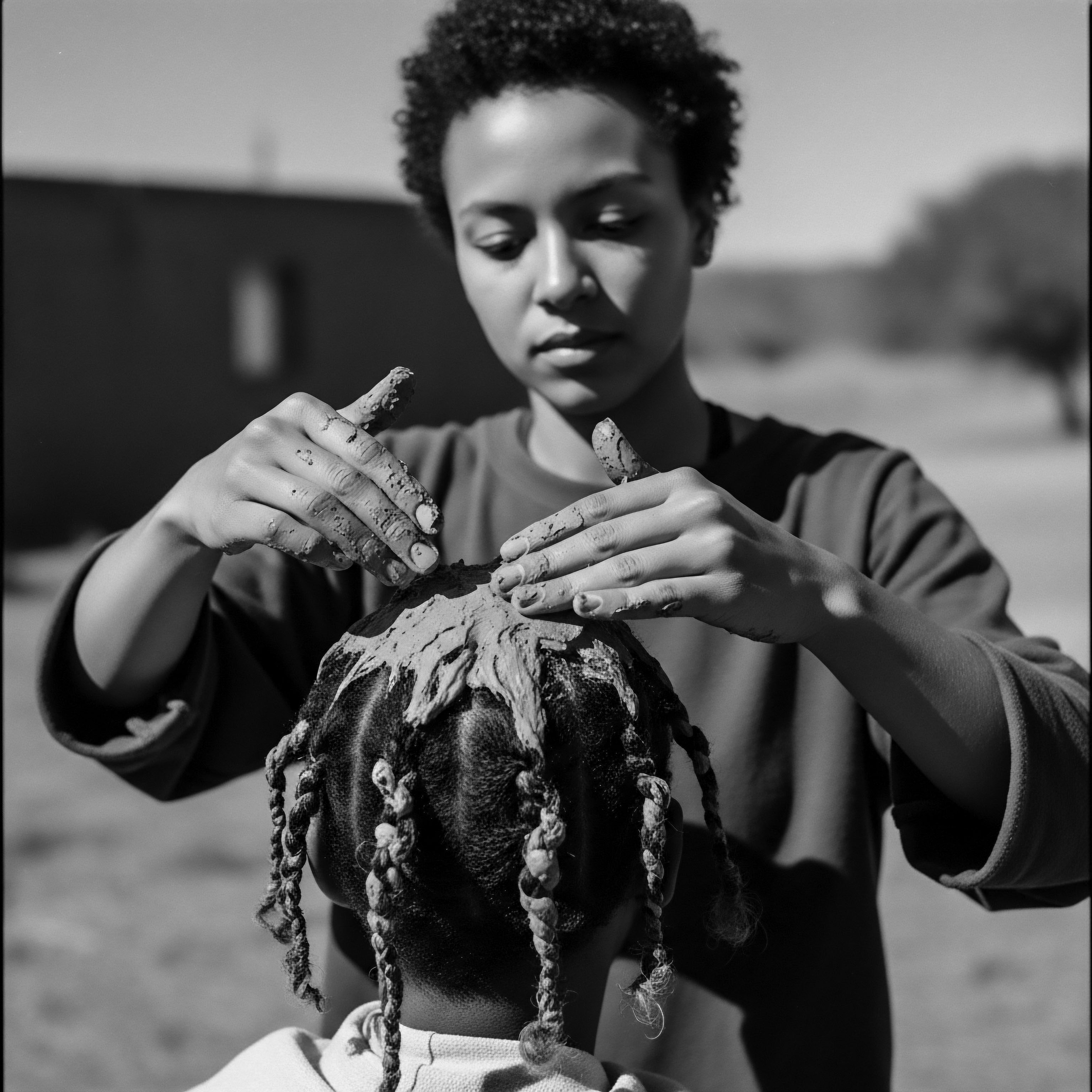
How Did Traditional Cleansing Safeguard Textured Hair?
Traditional cleansing safeguarded textured hair through gentle, natural ingredients and communal rituals that preserved moisture and honored its heritage.
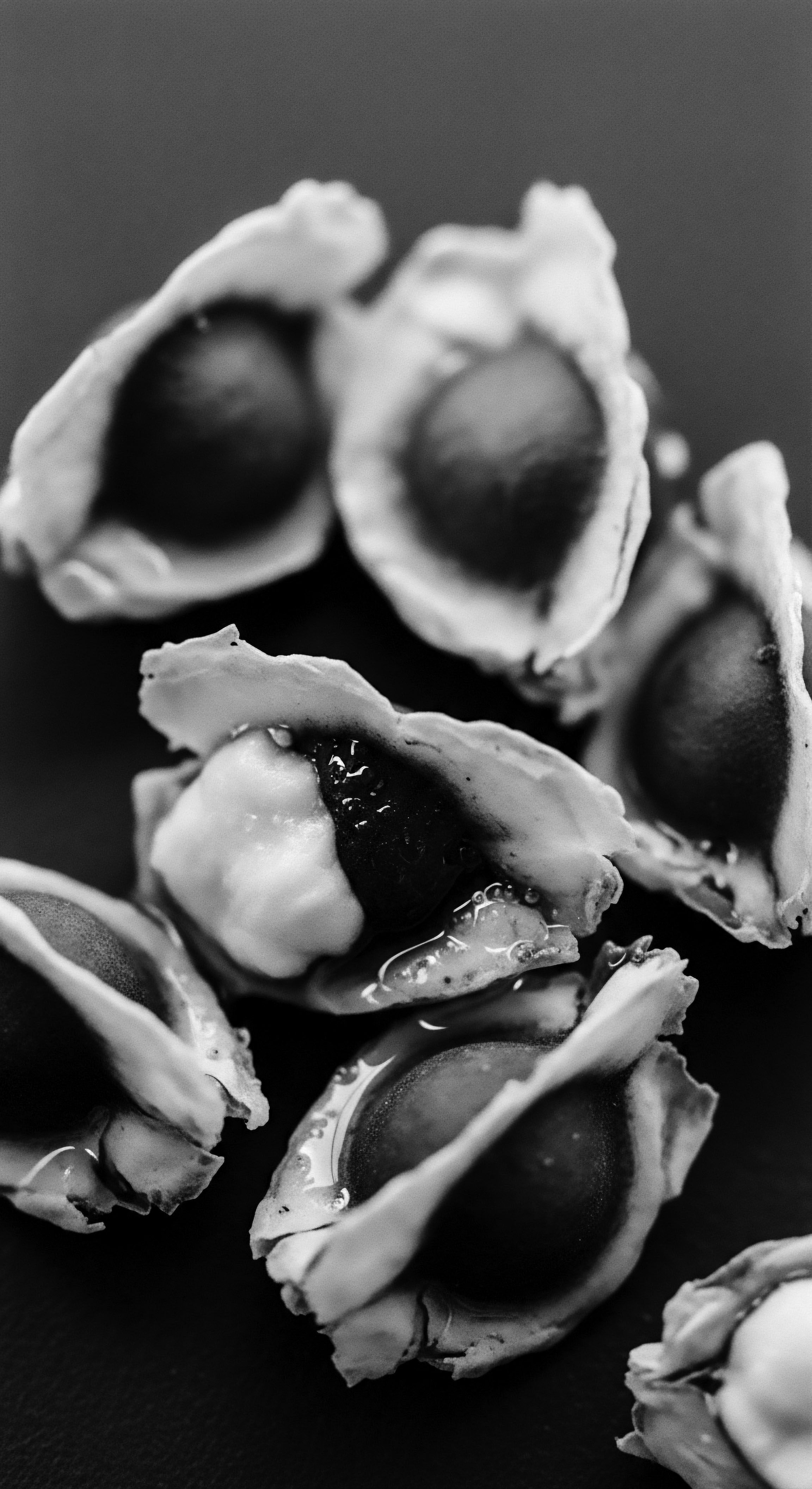
How Does Understanding Hair’s Heritage Enhance the Use of Plant-Based Ingredients for Growth?
Understanding textured hair's heritage reveals how ancestral plant-based practices enhance its inherent resilience, promoting length retention.

